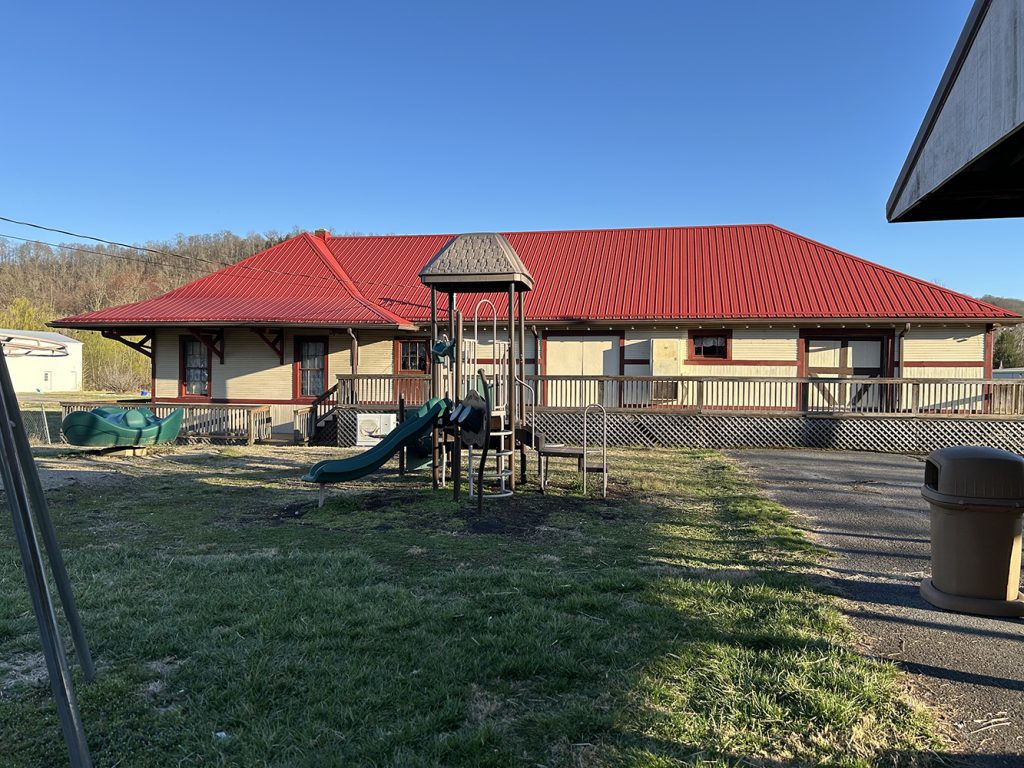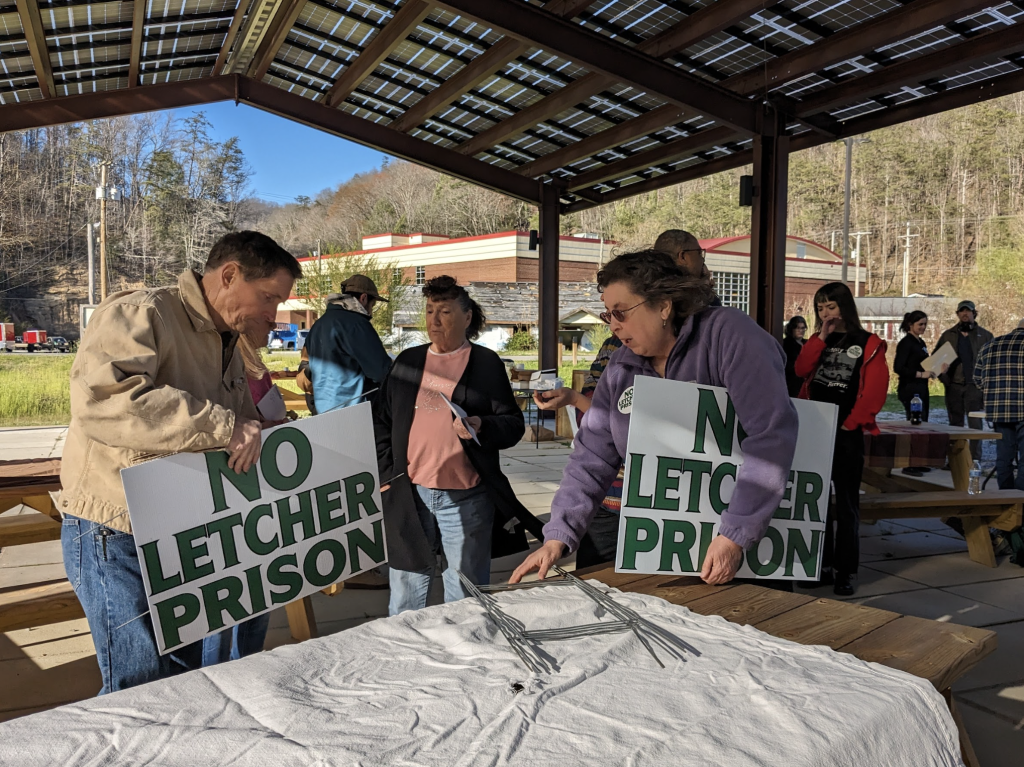Cleaning Up Coal Ash
For well over a century, power plants across the country have burned coal to generate electricity. And for just as long, leftover coal ash has been dumped in open, unlined pits near the power plant, usually located on a river or lake. Every year, U.S. power plants produce 130 million tons of coal ash, which is the second largest waste stream in the country after municipal garbage.
Coal ash concentrates the toxic heavy metals found in coal, including arsenic, mercury, lead and selenium. Stored in unlined, wet impoundments, coal ash has been leaking these toxics into our groundwater and surface waters for years. Sometimes these impoundments collapse — with disastrous results.
Yet government regulations for coal ash management are either non-existent or sparse, and there is little enforcement of the regulations that do exist. In North Carolina, this lack of oversight — and the complicity between state regulators, elected officials and Duke Energy — came to a boiling point in February 2014 when one of Duke’s coal ash impoundments spilled 39 million tons of ash into the Dan River.
Citizens living near North Carolina’s 33 coal ash impoundments — all of which have leaked — have fought for transparency from Duke and the state, and for cleanup of the pollution that threatens their property value, health and family. Their actions forced this issue into the headlines of news networks and to the forefront of environmental justice conversations in the United States.
Appalachian Voices stood with these communities as we worked for years to compel Duke Energy and the N.C. Department of Environmental Quality to excavate coal ash from all the North Carolina sites and dispose of it either in lined, dry landfills, away from waterways, or by recycling it for concrete or other uses, provided it’s done in a manner that protects public health and the environment.
On Jan. 2, 2020, North Carolina announced a historic settlement with one of the state’s most powerful corporations and polluters, Duke Energy. The settlement requires Duke to move nearly 80 million tons of toxic coal ash at six of its power plants to properly lined landfills onsite or recycle it.

Learn information about specific coal ash impoundments in the South, including health threats and safety ratings:
Additional Resources
Fact sheets, videos, links to academic research, and more
Sign Up to Act
Help us protect the health of our communities and waterways.
Latest News
Debris Removal in Waterways Causes Concern
Cleanup of debris after Hurricane Helene in rivers has become an unanticipated point of tension in North Carolina and Tennessee.
Miners and Advocates Push for Better Black Lung Benefits and Protections
On a rainy May afternoon, nearly 20 members of the Southwest Virginia Black Lung Association Chapter II gathered in Big Stone Gap to discuss the black lung crisis, which has been rising among Appalachia’s coal miners, often at younger ages.
Southwest Virginia Communities Prepare for Future Storms
The necessity for resilience hubs across Southwest Virginia has become more apparent as the region has repeatedly been hit hard by floods.
Repairing Our Region After Helene
In our Summer 2025 issue, we explore a few of the many dimensions of disaster recovery in our region, with a focus on the aftermath of Helene. Communities and individuals are putting one foot forward at a time — and taking action to protect one another and our region if the unimaginable happens again.
Indigenous Organization Acquires Land on Proposed Federal Prison Site in Kentucky
A controversial proposed prison site in Letcher County, Kentucky, is facing new barriers thanks to a community-based Indigenous organization and new suggested budget cuts from the U.S. Department of Justice.
Neighbors Helping Neighbors
Mutual aid projects foster community and solidarity and build a shared understanding of why people don’t already have what they need. These networks are growing across Appalachia in response to disasters.











